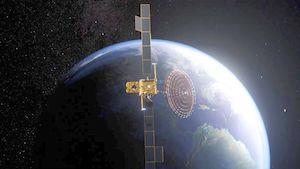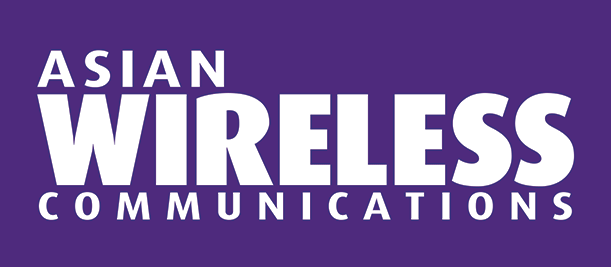22 December 2021
The I6-F1 will serve Africa and Asia
The new platform will serve Inmarsat's many on-the-move customers - from ships and planes to armed forces and broadcasters - across Africa, Asia and Australia.
Today's launch will put the 5.5-tonne F1 satellite on a path to reach an orbital position some 36,000km above the Indian Ocean and it will betaken to orbit by a Mitsubishi H-IIA rocket from Japan. Lift-off from the Tanegashima spaceport is expected at 23:33 local time (14:33 GMT).
This is viwed as an important moment for Inmarsat as it looks to future-proof its business against a coming wave of new communications constellations.
The I6-F1 will start the overhaul of that part of its satellite fleet which transmits around the globe in L-band.
This narrowband radio frequency is primarily used for voice calls and messaging. It has been a mainstay of the company from its inception in 1979 as a non-governmental organisation monitoring distress calls at sea.
Inmarsat's existing L-band spacecraft, codenamed the I4s, are now more than 10 years old, meaning the technology onboard them is no longer state of the art.
Although L-band provides relatively slow-speed connectivity, it has a growing demand for "internet of things" applications. Such applications include remote assets - everything from shipping containers to bulldozers - making regular reports back to base of their operational status.
"Wider pipe" requirements (web surfing, video) are shifting to the higher-frequency Ka-band, and the I6 platform will carry transponders for this frequency as well.
This will make the new satellite a complement to Inmarsat's dedicated Ka constellation, which the company calls Global Xpress.
The I6 manufacturer is Airbus, which has used its Stevenage and Portsmouth, UK, factories, along with its Toulouse, France, facility. An F2 model is well advanced and will be launched next year.
UK-based Inmarsat is in the process of being acquired by the US Viasat company, wprobably best known for satellite home broadband delivery in the American market. It also provides Wi-Fi on planes, a service that overlaps neatly with Inmarsat's interests.
The company believes the constellation will help maintain its competitiveness in the face of other systems, such as Starlink and OneWeb, that are making big investments in this area.






